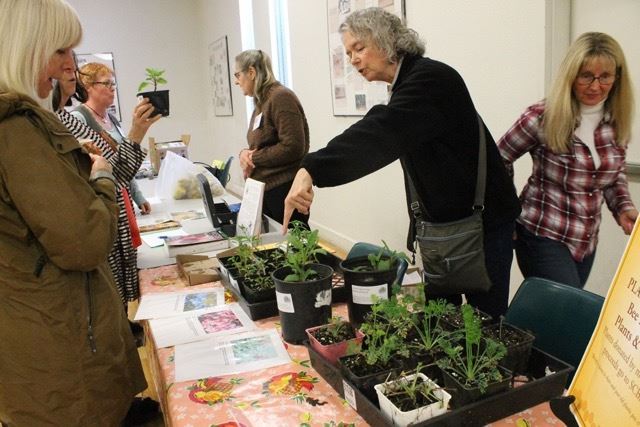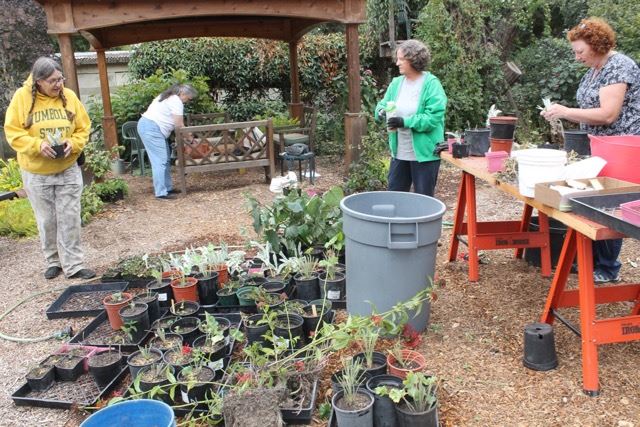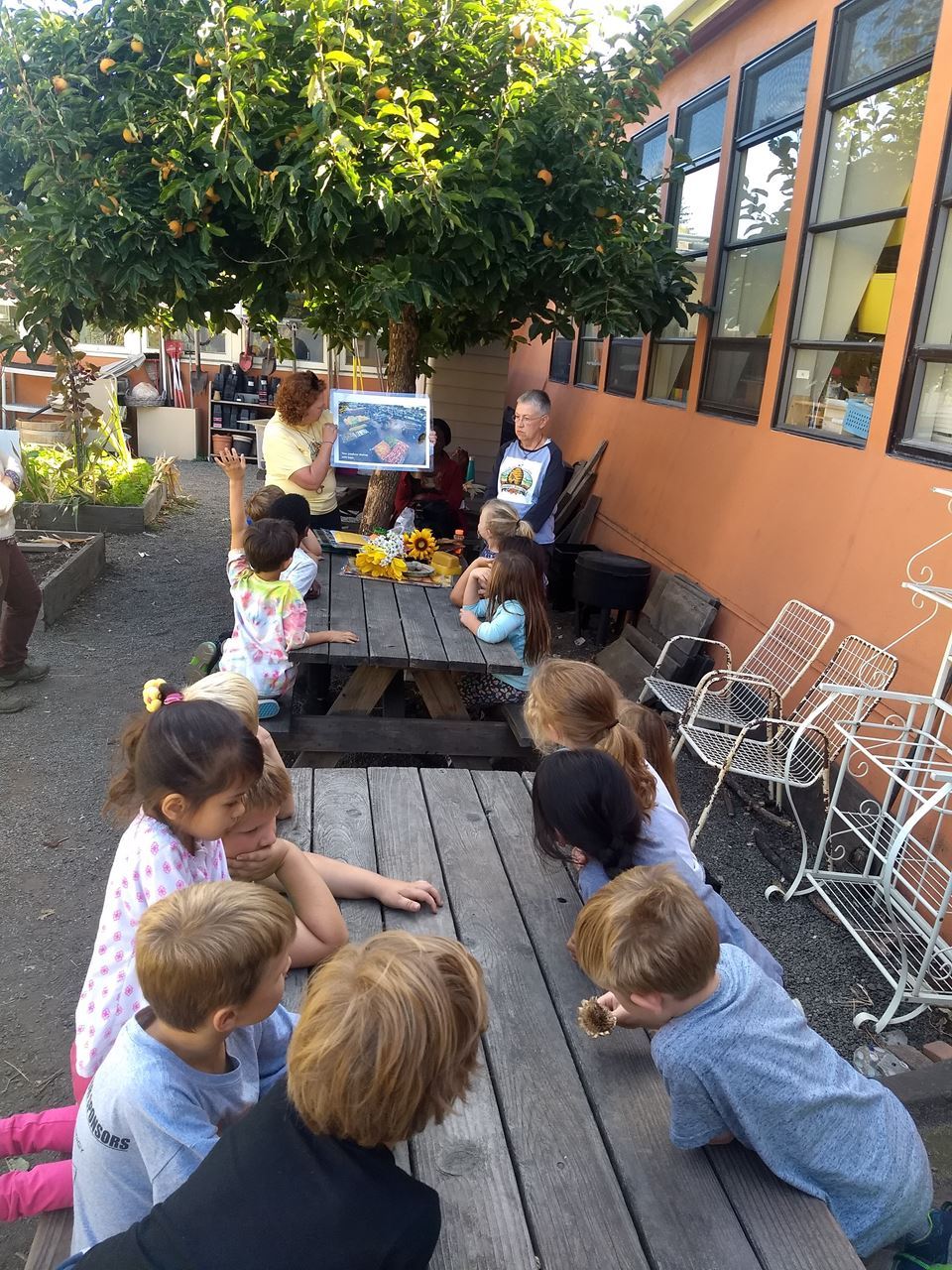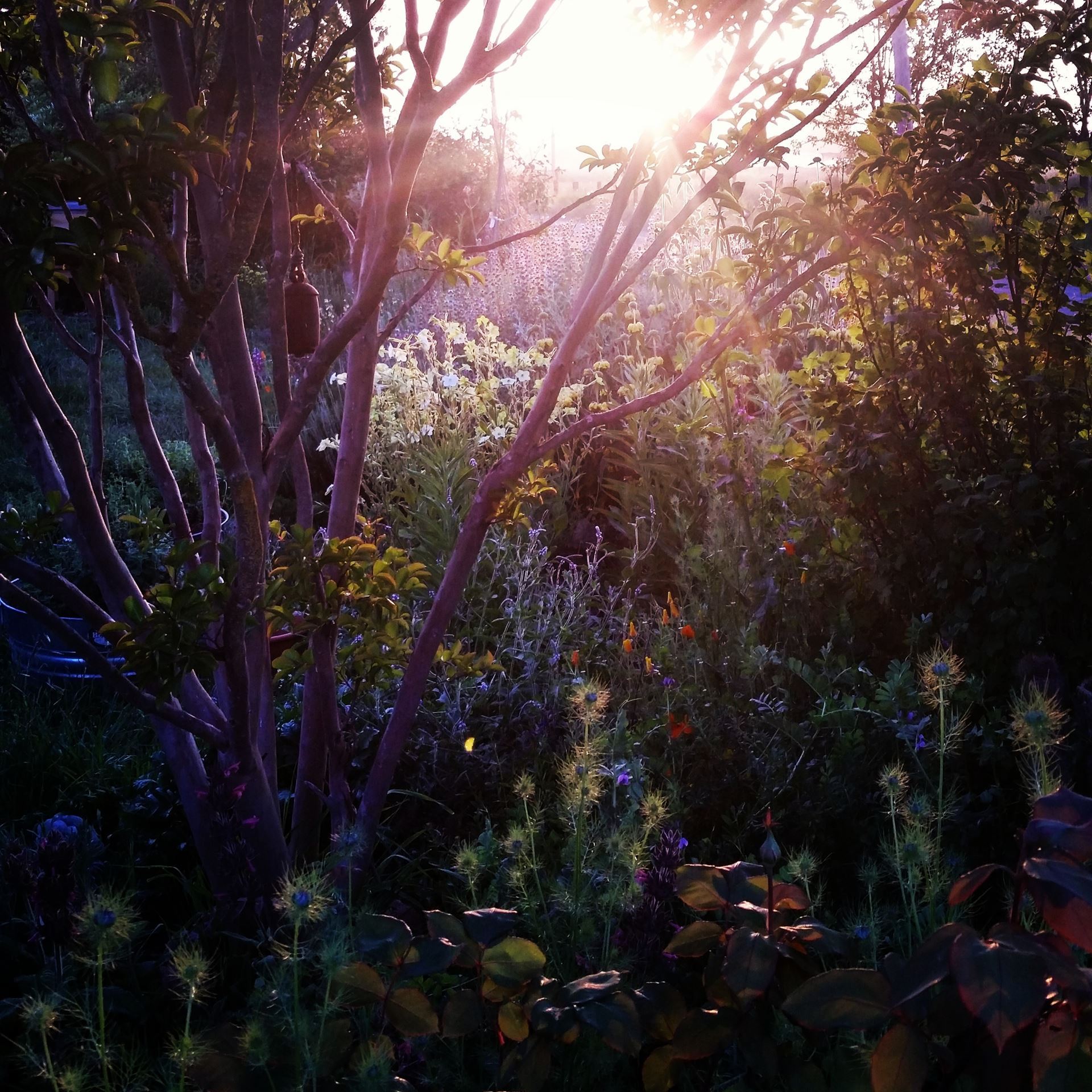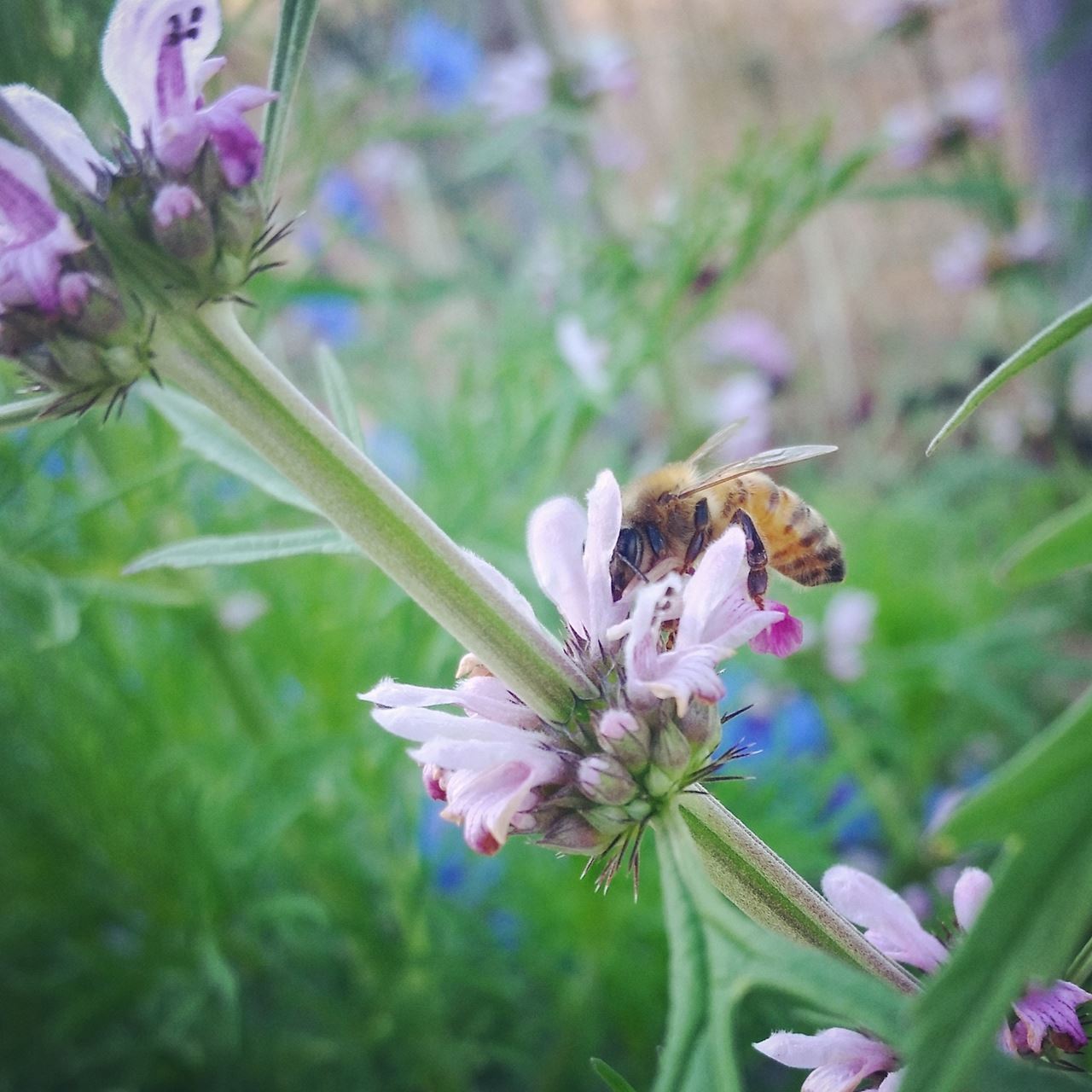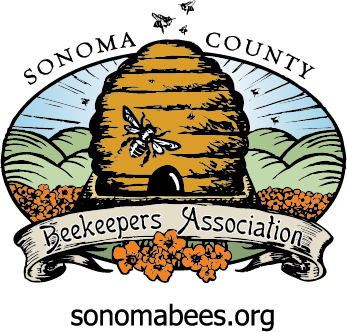 | sonoma countybeekeepers association | Click blue icon to Login |

Gardening Program
No forage, no bees. It's a simple statement but true, and coupled with the fact that habitat degradation and destruction is a primary cause of pollinator decline, planting for bees could not be more important. Our goal is to nurture abundant pollinator habitat across Sonoma County. Towards this end, we:
-
Educate our members and community on best practices for healthy pollinator habitat.
-
Propagate and share a diverse crop of bee-forage plants that bloom in all seasons of the year.
-
Cultivate, plant and maintain vibrant gardens at home and in our community to feed our bees and other pollinators.
Healthy, abundant, pesticide-free gardens are of critical importance to the future of both pollinators and people. Our Gardening Program stands as an integral part of a strong and sustainable Sonoma County Beekeepers Association.
Resources
Dearth Plant List: A comprehensive list of plants which produce nectar through the long nectar death of late summer and fall.
Gardening Flyer: Our introductory pamphlet on gardening for honey bees and other pollinators.
Bloom Tracker: A form to report what is blooming in your garden, adding your results to local knowledge as a citizen scientist!
Pesticide Flyer: Informational resources on pesticide impact to pollinators in the garden.
Keeping It SimpleOur experienced gardeners understand that not everyone has a 'green thumb.' Furthermore, many folks don't have the time or energy to manage a year-round pollinator garden (though it is easier than one might think!). For those just looking to help the bees in simple and easy ways, we have created a printable pamphlet detailing ten easy gardening habits to help pollinators; print some out for your friends! |
|
| Propagation WorkshopsThe Gardening Program does not purchase plants from outside nurseries, rather, we propagate our own stock from our own gardens. This ensures quality and consistency over time, and allows us to learn about sustainable gardening techniques. Workshops are held locally and consist of around twenty people set up in stations, including propagating from seeds, cuttings, and roots. Plants then head off to the home nurseries to be tended until they are ready to be passed along to the membership and public. |
School Pollinator Garden ProjectIn 2018 SCBA launched a pilot project aimed at bridging two of our programs and providing school children with a hands-on understanding of pollination. The project operates as an extended presentation covering both honey bees and the mechanisms of pollination, but is coupled with a starter-pack of plants that the children plant with their school gardener. Students then get to watch the plants grow, be foraged upon, and frequented by a variety of pollinators over the course of the seasons. We return the next planting season (spring or fall) to follow up and potentially deliver a new load of plants. In this way students get a real world understanding of pollination and pollinators. They are able to watch the life cycle of plants and appreciate how pollinators bring forth the next generation. In the fall of 2019 we expanded the application process and accepted five other schools, bringing our operational total to six. The SCBA Gardening Program is very excited to see this project develop through the years, fulfilling our mission and planting forage along the way. |
|
| Creating a Pollinator GardenA pollinator garden is different than a regular garden in that it prioritizes the provision of forage for pollinators. Forage refers to two things in particular: nectar and pollen. Not every flower produces both, and many flowers will not produce either without an adequate supply of water. One of the most important aspects of a pollinator garden is providing forage year-round. Help us provide the best habitat possible by reporting what is blooming in your garden through this form. Many beekeepers plant pollinator gardens to support their colonies, however anyone can plant a pollinator garden for any number of reasons. Not only are they beautiful with so many flowers blooming year-round, but they attract a wide variety of pollinators beyond honey bees. Butterflies, hummingbirds, bumble bees, and songbirds all frequent pollinator gardens. The SCBA Gardening Program is committed to providing quality forage year-round in our gardens and educating the community on how this can be done with ease. |
The "Foolproof Five"Choosing pollinator-friendly flowering plants can be overwhelming. For this reason we have compiled a handful of plants that are easy to grow and maintain in most of our county, bloom for extended periods, and are favorites of the honey bee. - Borage (Borago officinalis) also known as "starflower," is an annual herb that blooms over three seasons. - Lavender (Lavendula) is a perennial shrub and has many varieties that bloom in different times of the year. - Salvia is a large genus of plants, available in countless sizes and colors. - Rosemary (Salvia rosmarinus) is an evergreen, bushy herb, that blooms spring through fall. - Thyme (Thymus) is a low-growing herb, blooming spring through summer. |
|
Copyright (c) 2025, Sonoma County Beekeepers Association. All rights reserved. Sonoma County Beekeepers Association is a 501 C-3 non-profit EIN# 68-0193325 |
